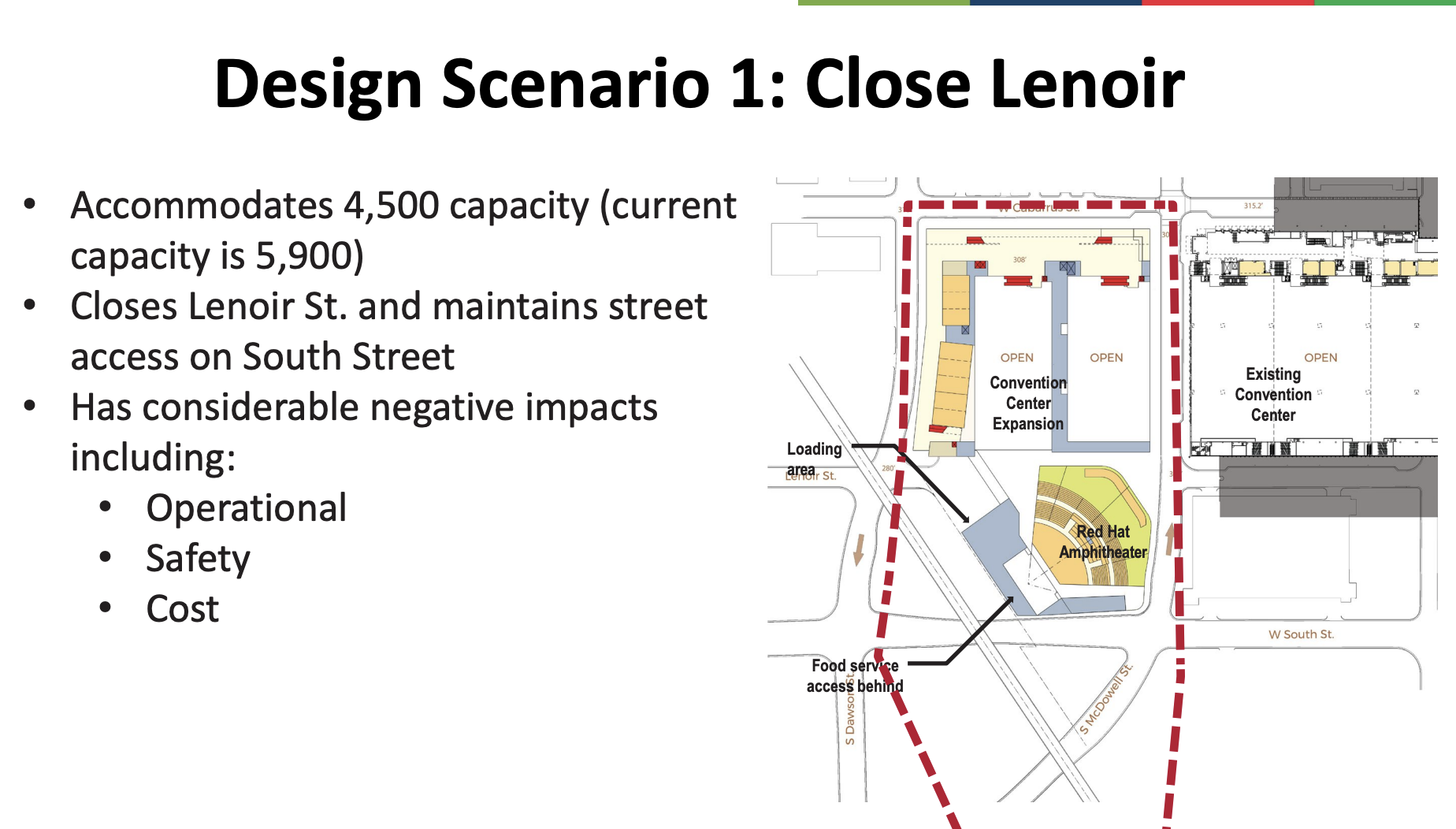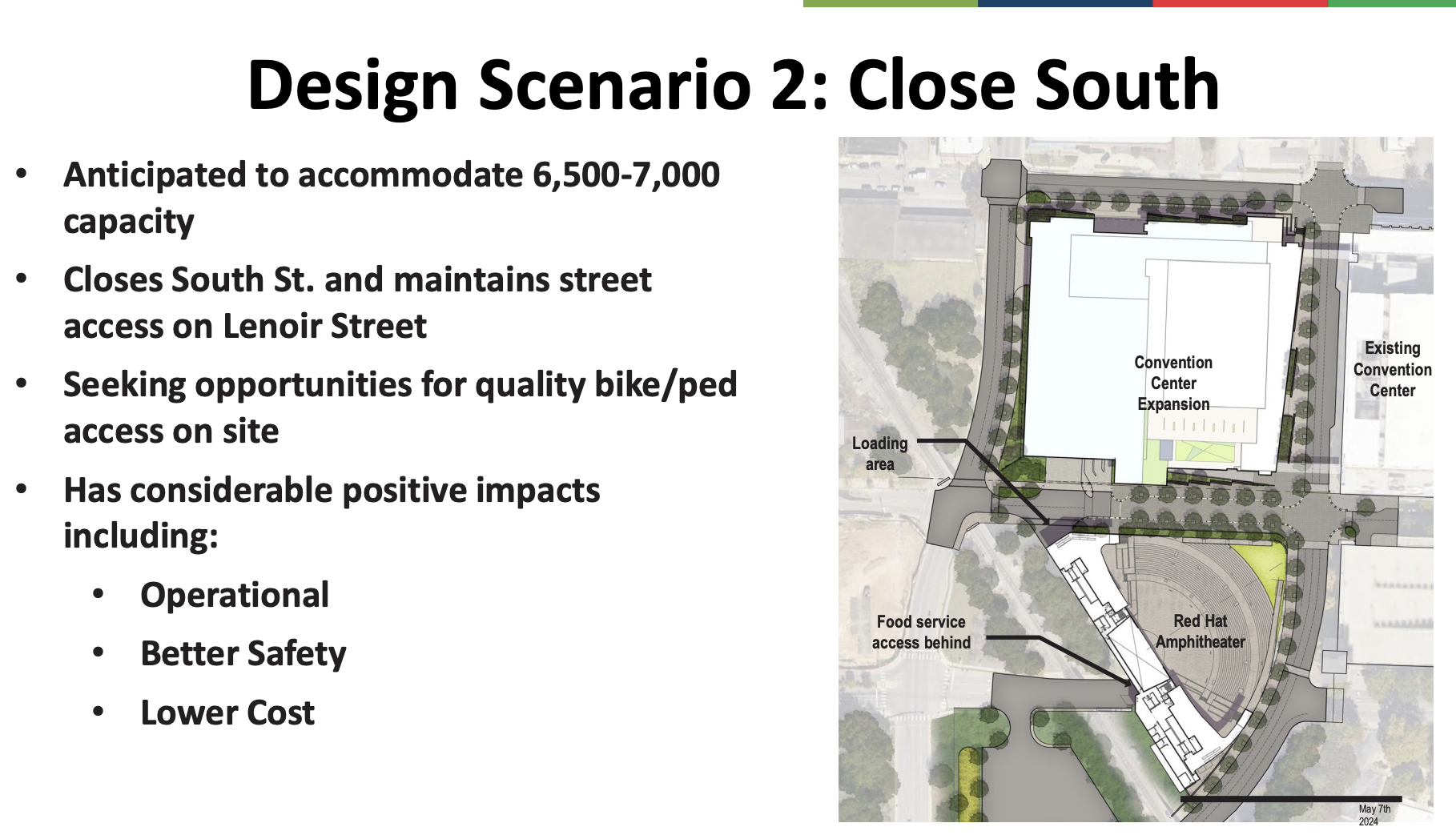August 18th Newsletter
RaleighForward needs your help building a sustainable platform. RaleighForward consistently delivers results by producing and delivering accurate, informative newsletters and a regularly updated website. RaleighForward also sponsors programs and social events that bring like-minded people together to help make Raleigh an even better place to live, work and play.
If you want to see RaleighForward’s work continue, please donate today. If you prefer to donate your time, email us at eric@raleighforward.org.
There’s lots of work to be done, particularly as the City Council election approaches, so please DONATE or reach out!
Eric Braun, Founder
Raleigh to Use Cutting-edge Community Engagement Tool as a Key Element of the New Comprehensive Planning Effort
If you are interested in shaping the future of the City’s built environment, Raleigh recently announced more details about the process it will use as it develops Raleigh’s next Comprehensive Plan. Read our full blog post here.
Be on the lookout for the results of RaleighForward’s Inaugural Candidate Survey. The candidate’s responses will be published in a special newsletter edition in early September.
RaleighForward is planning its next Happy Hour for Wednesday, September 25. All Council candidates will be invited to attend. Keep an eye out for more details soon.
Articles of interest:
The Wake County median real estate price for July decreased by $3,000 to $468,000. For more information, click here.
The Raleigh metro area is likely to experience slowing new home construction, which will likely exacerbate the housing shortage. Per Axios.
Here is another article about the apparent decline in new housing starts from across the country.
Southern Urbanism published an article recently about encouraging “greenway-oriented” development. This is a concept Raleigh should embrace. Fortunately, the recently adopted Midtown Small Area Plan contains a proposal for the “Midtown Waterfront District” along Crabtree Creek near Wake Forest Road and Creekside Drive (see page 57 of the Midtown Plan).
EducationNC published an interesting report comparing housing trends in Alabama, Louisiana, Tennessee and North Carolina.
The Minnesota Public Housing Authority is using modular construction for some of its new affordable units. Are there lessons for NC? Click here for more.
We noted in the last edition of the newsletter how some coastal NC communities are providing affordable housing to help attract and retain teachers. Here is another example from Boise.
Given that Raleigh is in the process of considering changes to how co-living is treated under the Unified Development Ordinance, here is an article about increasing investor interest in the housing type.
Housing Production and Land Regulation Expert Explores Potential Affordability Solutions. Click here for the article.
This article discusses how Los Angeles is implementing its recently approved “Mansion Tax,” which imposes a 4% tax on the proceeds of home sales above $5 million and 5.5% on sales above $10 million. The law went into effect on April 1, 2023, and has generated $340 million in revenue dedicated to housing affordability issues.
Items of interest in the week ahead:
Council returns to its regular meeting schedule starting August 20th. Here are some notable items from the August 20 meeting agenda:
During the 11:30 Council Work Session, staff will provide a recap of the Affordable Housing Summit held on Saturday, August 17 at the Raleigh Convention Center. Here is a link to the agenda item and an event recap.
During its regular meeting, Council will consider closing of a portion of South Street to facilitate the expansion of the Raleigh Convention Center, the relocation of Red Hat Amphitheatre and the construction of a luxury hotel. For context, people may not realize that Red Hat was originally planned as a temporary venue because its present location was always designated as the location for the future Convention Center expansion. The issue is coming to a head now because the City is working to coordinate construction of the Convention Center expansion, as well as the luxury convention hotel that the City has been working to land for years. Downtown has never had adequate hotel accommodations to serve the current convention center, the performing arts center and downtown businesses.
Initially, a portion of Lenoir Street was to be closed instead of South Street. However, the City discovered underground utilities in Lenoir Street around January or February. The relocation of those utilities would be quite expensive. To avoid those costs, the City pivoted and is now seeking to close a portion of South Street.
It’s worth noting that the Council-approved Dix Master Plan contains a proposed 7,500 seat amphitheater. However, relocating Red Hat to Dix Park could take 3-5 years and is more expensive. Beyond that, moving to Dix Park would leave a 3–5-year gap where there would be no Red Hat performances and a loss of revenue for area businesses. For example, in 2023 Red Hat hosted approximately 50 events that generated about $17.5 million dollars in revenue, not counting the ancillary financial benefits to area businesses. Those are not insignificant concerns.
The City is in the process of applying for a Federal grant to fund building a connection between Dix Park and Downtown. Until there is a robust direct connection linking Dix to downtown, there will be less direct financial benefit to downtown businesses.
Some residents, however, are concerned about how the issue is being handled. Given that the utility issue arose at the beginning of 2024, some residents have expressed concerns about the lack of engagement and transparency. Beyond process concerns, other residents are concerned about how the proposed Red Hat location will impact the Boylan Heights neighborhood and proposed redevelopment of the Heritage Park affordable housing community. Additionally, promoters of the planned Chavis-Dix Strollway are concerned about the potential impacts of closing South Street. Boylan Heights residents are concerned that closing South Street eliminates an important connection between their neighborhood and downtown.
Recently, the Raleigh Housing Authority completed a lengthy master planning process that will add hundreds of new affordable housing units on the current Heritage Park property. Many Heritage Park residents participated in the process, as well as City Councilors, City staff and members of the broader community. Similar to other recently completed developments adjacent to South Street, some elements of the Heritage Park master planfocused on South Street to take advantage of the vehicle and pedestrian traffic. Now that South Street may be closing, the Housing Authority is evaluating how to revise the Heritage Park Master plan to address the impacts arising from the closure of South Street. The Housing Authority will likely initiate a new engagement process to update Heritage Park residents and get their feedback.
Others have wondered whether the City should consider building a performance venue that still takes advantage of being “outdoors,” but is designed to accommodate a greater number of performances during the colder months or bad weather. While doing so would likely be more expensive and take additional time to plan and build, it could do more to activate downtown than the present plan. Although this approach would interrupt revenue opportunities for the small businesses in the short term, the business community might enjoy proportionately greater financial benefits from increased performances and more downtown activation long term.
This is certainly a complex issue and these are just some of the issues City Council will be grappling with when it considers this matter on Tuesday.
3. Z-55-23 involves the rezoning of about 18 acres situated between the 440 Beltline and Computer Drive. The request is to go from Office Mixed-Use 3 stories with Special Highway Overlay District to Office Mixed-Use 20-stories with Special Highway Overlay District Conditional Use. There is a condition requiring the developer to provide 10% of any units built once they hit 954 units or pay $40,000 per unit into the City’s affordable housing program.



